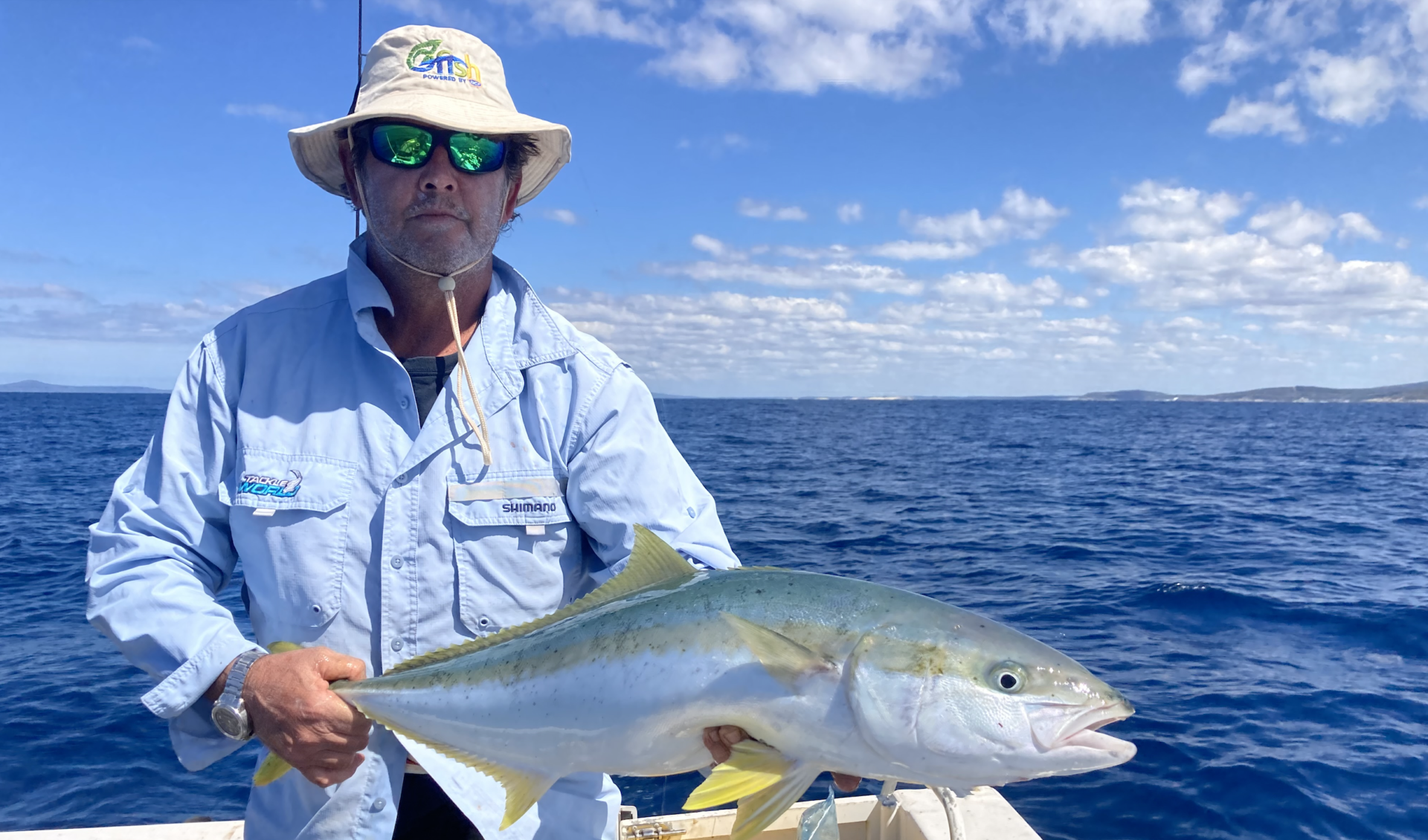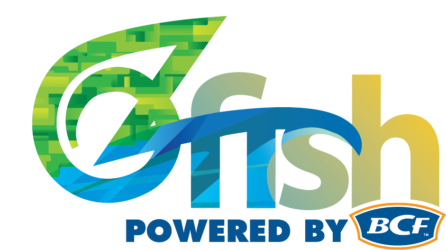Meet Andrew Mathews, OzFish Senior Program Manager for WA

We caught up with Andrew Matthews, OzFish Senior Program Manager WA, for a chat about his role and fishing in Western Australia for our next instalment of ‘Meet the Team’.
Tell us a little about yourself and your expertise.
I’ve always been a passionate fisher. Having been a Board Member of Recfishwest, fishing gave me the opportunity to better understand how important community involvement is in getting good outcomes for fish and the environment they rely on.
During my tenure at Recfishwest, the board spent considerable time pushing for government departments to invest in fish habitat, particularly inshore artificial reefs. Whilst these are great fishing amenities, it prompted me to think that fish habitat is more than just a spot to go fishing.
I am also a current board member of the Aquaculture Council of Western Australia, which is extremely useful when it comes to discussing avenues like shellfish reef restoration or fish stocking. With this background in fisheries management, natural resource sciences and broad-scale ecology, I have a pretty good understanding in the complexities of maintaining sustainable and heathy recreational fisheries.
I am particularly fascinated in our large freshwater crayfish, locally referred to as Marron. Having worked for several years in improving the sustainability of these amazing tasting creatures, the wild Marron fishery is managed completely for the benefit to the recreational fishing community. For us Aussies living over here on the west coast, these critters are very important to our culture, so, it was a real thrill to be recognised for this work when we received the Recfishwest WA Environmental Achievement award.
Which areas do you focus on?
I have been involved in reef development for the last 15 years. In 2011, I was part of a Ministerial delegation with the WA Department of Fisheries to visit China and South Korea investigating habitat enhancement technologies. The following year, I was part of a group that travelled the length of the Gulf of Mexico investigating the Rig- to-Reef Program run by the Bureau of Safety and Environmental Enforcement of the US Department of the Interior. This was a project which involved the repurposing of oil platforms into artificial reefs structures. Building fish habitat is nothing new for countries like the Philippines, Japan, and Indonesia, where for decades they have been investing not just money, but human resources in developing highly productive reef systems.
One story that stands out is the time I found myself sitting under a tree on an Indonesian island watching locals encourage tourists to collect shells off the beach to use in fabricating reef modules. This was achieved by hand digging a complex series of holes in the sand and filling them with homemade concrete. The next morning guests were invited to dig up their “artwork” and help carry it out on low tide to be placed with the thousands of others “shell gardens” made by previous visitors.
By travelling internationally and looking at what other countries have been doing, I have gained a better understanding and appreciating how important well-designed habitat is in driving local ecological productivity.
Recfishwest has continued to encourage and support the WA government’s investment of over $10 million dollars into seven purpose-built artificial reefs located off Dunsborough, Bunbury, Mandurah, south of Rottnest Island, Esperance and in Exmouth Gulf. The latest North Metro Reef, funded with the help of recfishing licence revenue is currently being deployed 7km off Ocean Reef marina. This new man-made fishing mecca includes 292 modules spread over 15ha – making it one of the largest fish habitat projects in Australia.
What’s your most memorable fishing trip?
I have so many, particularly the ones shared with good mates and family. One wild fishing trip, we lost boat steering while 60km from mainland on Wilderness Island off Exmouth. It was not fun, but it did motivate some clever ingenuity to get home using wire, duct tape and a canoe paddle we found washed ashore.
You’ve been involved in a few projects for OzFish, tell us about them and which one is your favourite?
At the moment, I’m working with a fantastic team of young people focused on a shellfish recycling project which will be a first in Western Australia and will provide important materials for future reef building. Other recent projects have included the Seeds for Snapper seagrass restoration project in Cockburn Sound and the relocation of endangered Carters freshwater mussel in the Vasse River, Busselton.
Favourite place to fish in Australia?
Western Australia has a diverse range of fishing options from freshwater streams and rivers in the southwest to frothing beach and cliff fishing options along the coast, not to mention all sorts of exciting boat fishing offshore. Chasing big whiting in shallow water on surface lures would have to be one of the most fun fishing activities we do each summer.
When I have time my boys and I explore the hard to get to places, the ones a long way away from people and technology. My favourite fishing location would have to be the Kimberly, with so much to see and experience.
Why OzFish?
I believe that fishers have a responsibility to not only be considerate custodians of our aquatic resources but also to make fishing better for future generations. OzFish provides me opportunities to give back and provide meaningful work opportunities to the younger generation who want to make a difference in aquatic restoration.
